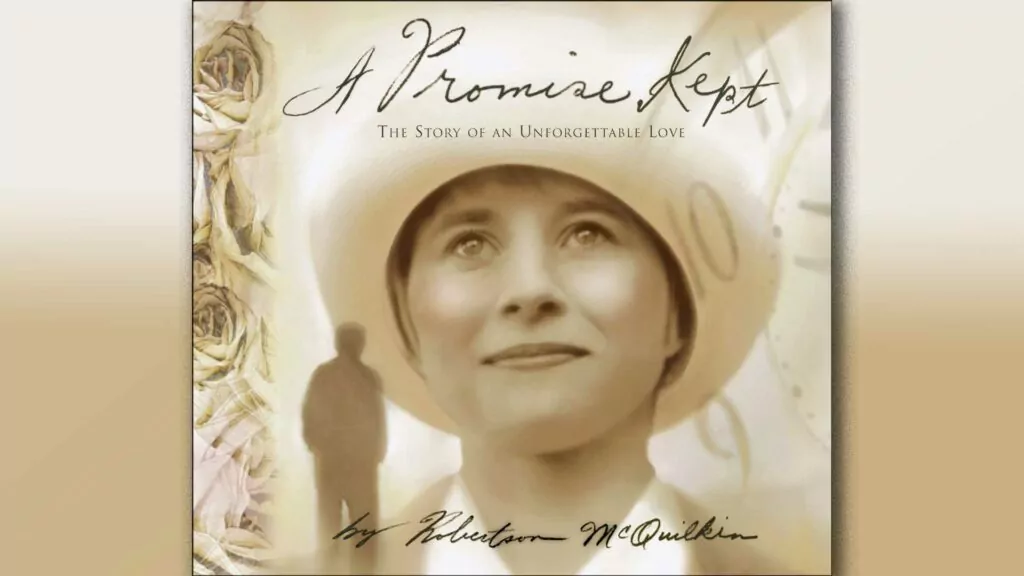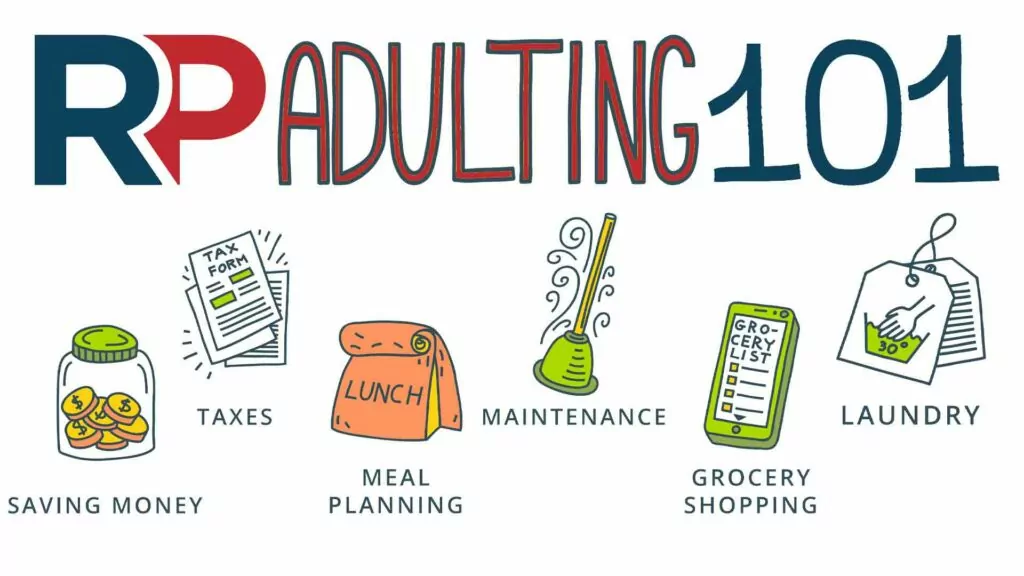Love is a mostly misunderstood word – it’s mistaken for sex, for sentimentality, for some sort of chemical thing that just happens, or doesn’t, and either lasts forever, or doesn’t. Some think it’s effortless. Some even think it can be bought for money.
Christians, too, are confused. We know love is more than sex, more than sentimentality, and more than chemistry, but most of us are still trying to figure out whether love is a feeling or an action!
So what is love then? God tells us that love is…
sacrificial
“Husbands, love your wives, just as Christ loved the church and gave himself up for her” (Eph. 5:25).
Some misunderstand love as a math formula, where things are supposed to work out even on both sides of the equation: if you give a friend a thoughtful present, you should be able to count on getting one in return; if you give your spouse a backrub, they should get up and make you coffee; tit for tat, back and forth, even-steven. But Christ demonstrated the complete inequity of real love – He loved us, so He gave himself up for us, even though, in return, we can offer him nothing.
Loving is giving with no thought of getting.
something you do
“Let us not love in word or in tongue but in deed and in truth” (1 John 3:18).
Love is more than a feeling, more than an attraction, more than arousal or sentimentality. Love is expressed in what we do for one another. We can say we love our brother, but if we won’t visit him when he’s lonely or help him when he is troubled, there is no love.
Love is an action.
not a duty to be performed
“If I give all I possess to the poor and surrender my body to the flames, but have not love, I gain nothing” (1 Cor. 13:3).
Doing is not enough – it’s not enough to give to the poor, go to church twice each Sunday and read the Bible regularly if we are not doing this out of our love for God. A daughter can take her aging father to medical appointments, help him with his shopping and pop by regularly for a cup of coffee, but this, by itself, isn’t love – the very same tasks could be done by hired staff. Love is more than just a verb. A husband can play the part of a loving spouse – he can do all the right things, but love is more than just action, more than just duty. It is an attitude…
Love is a feeling.
not God
“Whoever does not love does not know God, because God is love” (1 John 4:8).
The Beatles got it backwards when they sang, “All you need is love.” All we need is God, and while God is indeed love, that doesn’t make the reverse true – love isn’t God. The Beatles aren’t the only ones to get it backwards though. Our society is in love with love – they insist it’s the only way to bring meaning to our lives so it must be pursued no matter what the cost. Affairs, naturally, have become commonplace; if love is god, nothing should stand in the way of it, not vows, not spouses, not family. Instead of pursuing the God who is love, our society pursues love itself and has made an idol of it.
But love is not God.
from God
“In this is love, not that we loved God, but the He loved us and sent his Son to be the propitiation for our sins” (1 John 4:10).
God commands us to love our neighbor, and it’s a command most of us find easy to do. Or at least easy to do with old Mrs. Todd, our next-door neighbor who bakes cookies for us every Thanksgiving. But this command isn’t as easy to obey with that neighbor two doors down, who always steals our parking spot. Or the guy right next door who leaves beer cans on our lawn. Love these guys? Maybe we would if they were only a bit more lovable.
But of course, the love God is commanding here is of a more godly sort – the love that comes from Him. We need to humbly remember that we love, only because God loved us first. He, after all, didn’t love us because we had first in some way earned or prompted His love. No, He loved us first, sending His Son to die for us even while we were His enemies. And it is because He loved us first, that we can now love Him, and our neighbor.
Love comes from God.












